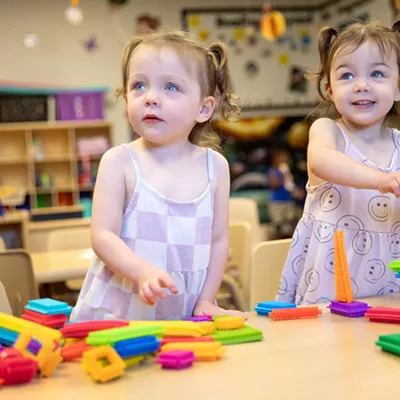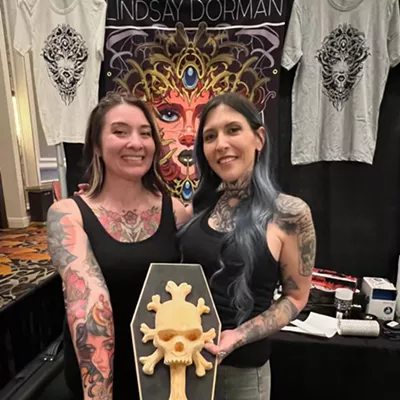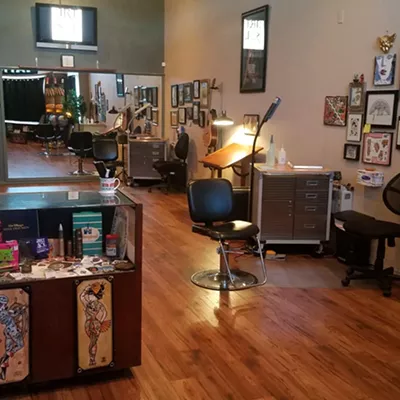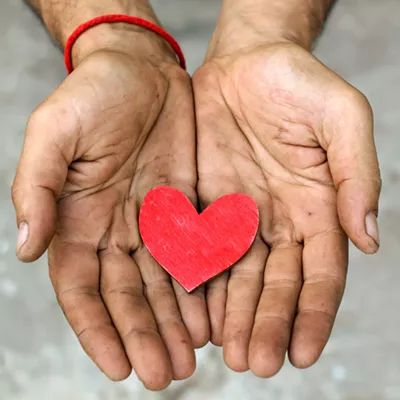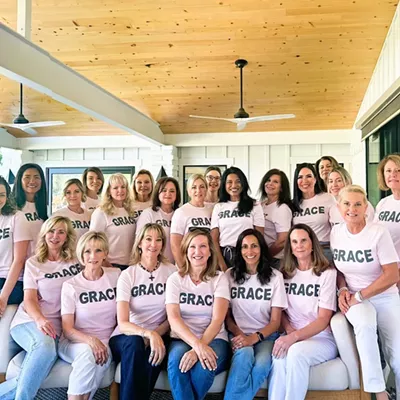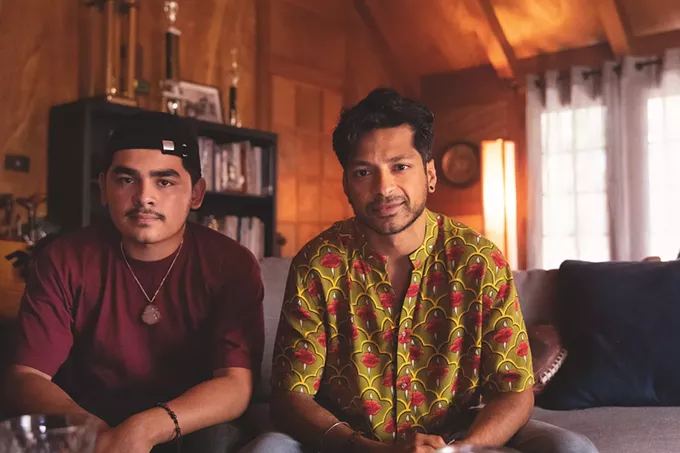
Big Brothers Big Sisters of Southern Arizona is matching youth with mentors to enrich their community and realize their potential.
A branch of the national program, Big Brothers Big Sisters of Southern Arizona has called Tucson its home for 62 years. It began when local pediatricians and health professionals saw a need for children to have an older role model to guide them through their education. Veronica Saiz, marketing and corporate engagement director, joined the nonprofit because of its mission of helping youth.
“Our mission is to create and support one-to-one mentoring relationships that ignite the power and promise of our youth,” Saiz said. “The juvenile justice system saw a lot of young people come through and thought their lives could be so much different if they had someone who was looking out for them and someone they could connect with.”
Big Brothers Big Sisters of Southern Arizona offer two types of mentoring: community- and site-based models. The community model allows the pairs to meet outside of school and share experiences, such as going to the movies or for ice cream. The second model moves the mentoring relationship within the student’s school monthly.
“For our core program, we do one-to-one mentoring,” Saiz said.
“We support children as young as 6 years old, through 13 to 14, and then we typically match them in that range.
“Those things are just fun getting to know each other, really easy to do together, but it's all part of building that relationship between the young person and the volunteer.”
The organization has difficulty motivating teens to seek services. The matching process is particularly challenging with adolescents, many of whom do not fully recognize the potential benefits the program can offer. Big Brothers Big Sisters is tackling this issue by partnering with local high schools.
"We're currently serving at Tucson High School and also at Sunnyside High School,” Saiz said. “We're not getting a lot of teenagers who are super psyched to have a ‘Big’ (adult volunteers) because they don't see the program in a way that would benefit them. We're looking for the child to do well academically, but again, it's still built on that foundation of friendship and guidance and someone to lean on.”
Big Brothers Big Sisters of Southern Arizona is committed to keeping the program free to all participants. “Bigs” support their match with no financial obligations. Younger children are clamoring to have support.
“We actually have close to 200 kids waiting to be matched, and those are going to range in age,” Saiz said. “But when it comes to a gender breakdown, we have like 90% boys who are waiting. We got a lot more boys enrolled by families, and then just not enough volunteers coming through to be able to match those children in a timely manner.”
Almost all nonprofits rely on donations to continue their operations, and Big Brothers Big Sisters is no exception.
“It's very impactful,” Saiz said. “It feels like a big responsibility, and it is sensitive. I mean you're guiding a young person, and you're showing them different things in terms of possibilities and even places in the city that really could change their life. But it's about time and friendship.”
Casa de los Niños
1120 N. Fifth Avenue, Tucson. For information, 520-624-5600, casadelosninos.org. Hours are 8 a.m. to 5 p.m. Monday to Friday.

